PRODUCTS
CONTACT US
Ningbo Nide International Co., Ltd.
一一
· Contact person:Jack Zeng
· Mob/Whatspp/WeChat:0086-13738869026
· Email:emarketing@nide-group.com;marketing4@nide-group.com
· Add:No. 169, Wohushan Road, Daqi Subdistrict, Beilun District, Ningbo, China
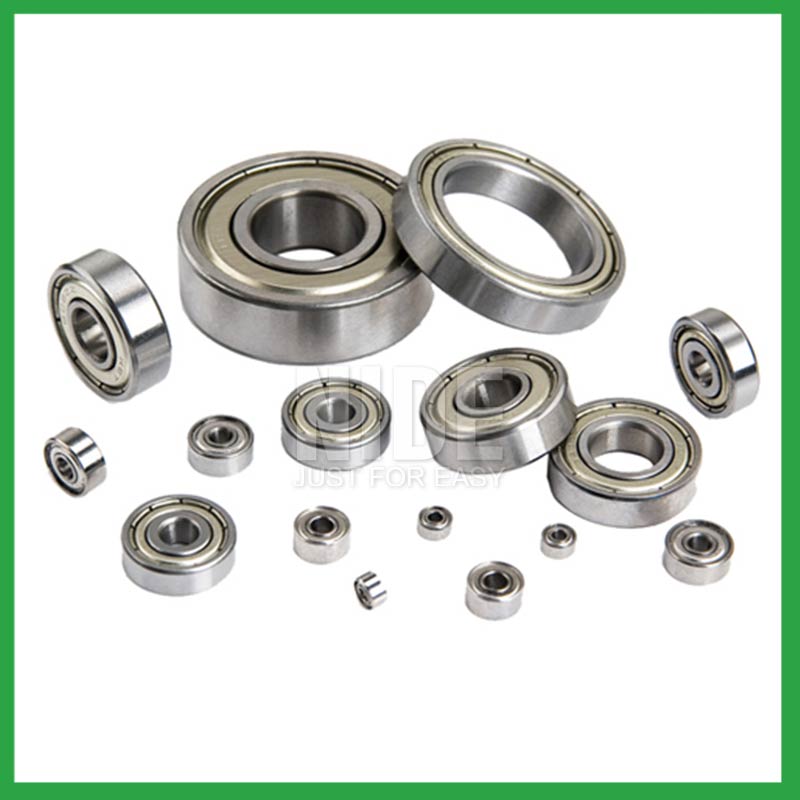
Nide team could manufacture ball bearing as per customer’s drawing and samples.
If customer only has samples, we could also design drawing fo r our customer.
We also provide customized service.
Our ball bearing is widely applied the different industrials.
Haishu Nide International was established in 2010, specializing in the development of precision customized bearings and sales of branded bearings. Provide overall bearing solutions for all customers and assist them in product development. In addition to providing various bearings that comply with international standards and specifications, we also provide services for motor manufacturing technology consultants, project support, and turnkey projects. The company's main products include: shaft,carbon brush,thermal protector,fan,magnet,insulation paper,motor cover and lamination, etc.
In addition, we provide non-standard bearings according to customer needs and are committed to providing the widest range of services.Our main application areas are fan motor,BLDC motor,water pump motor,electric automotive motor,servo motor,electric bicycle motor,compress motor,air condition motor and other industries.Reliability, responsibility and quick reaction help Nide to win the worldwide customers’ confidence seccesively, so far Nide has supplied products to its customers more than 50 countries.
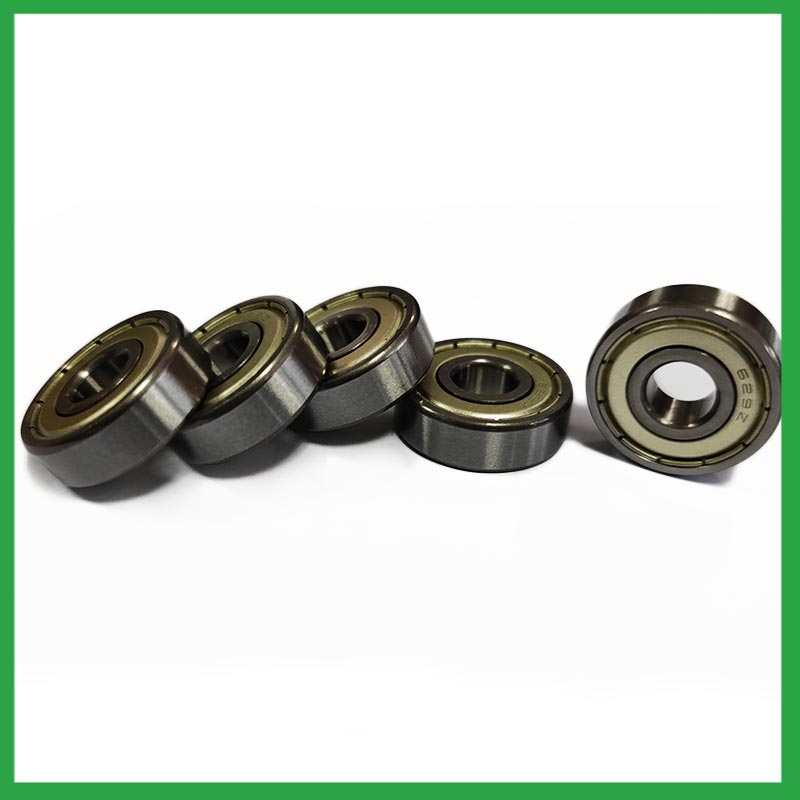
| Parameter | Information |
| Product Name | ball and socket bearing |
| Place of Origin | China |
| Brand Name | Nide |
| Material | stainless steel, etc. |
| Type | Ball |
| Warranty | 3months-1year |
| Port | Ningbo/Shanghai |
| Application | fan electric motor,aviation engines, etc. |
| Size(mm) | customize |
| Color | Silver gray+customized |
| Precision Rating | as per customer's requirement |
| Certification | ISO 9001 Certification,ISO9001:2015 certificate,CE-stator coil forming machine,etc |
| Feature | Simple structure,Good wear resistance...etc |
| Packaging Details | Suitable for sea transportation |
| Service | one-stop service |
| Model Number | ball bearing |
| Supply Ability | 100000-500000 Piece/Pieces per Month |
| Lead time (days) | 15-20 (To be negotiated) |
Please note: The above table data is for reference only. For specific information, please contact us.
The precision range of ball and socket bearing is from ABEC7 to ABEC9, with a particle size of 0.3 μ m. Among them, ABEC9's ball bearings have the best precision range and are widely used in the electronics industry, precision measurement industry, and so on.
During the disassembly process, the outer shell should be kept intact to avoid unnecessary damage;
When replacing installation components, attention should be paid to the accuracy of the support components to prevent deformation;
During the disassembly process, attention should be paid to protecting the surface quality of the ball bearing to ensure its performance;
During the operation, attention should be paid to removing surface dust to ensure the quality of the ball bearing.
Ball bearings have many advantages, making them highly competitive in the market.
Firstly, they are very durable and have good wear performance, making their service life longer than many other types of bearings.
Secondly, they are easy to install and can provide low friction performance in various applications.
Thirdly, they require a relatively low level of maintenance, making them cost-effective.
In addition, compared to many other types of bearings, their purchase cost is relatively low, making them an economical choice.
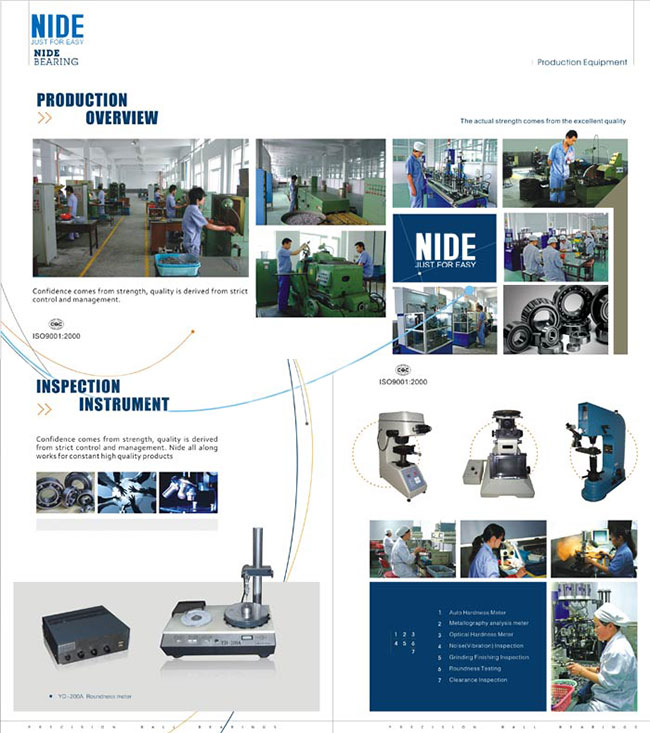
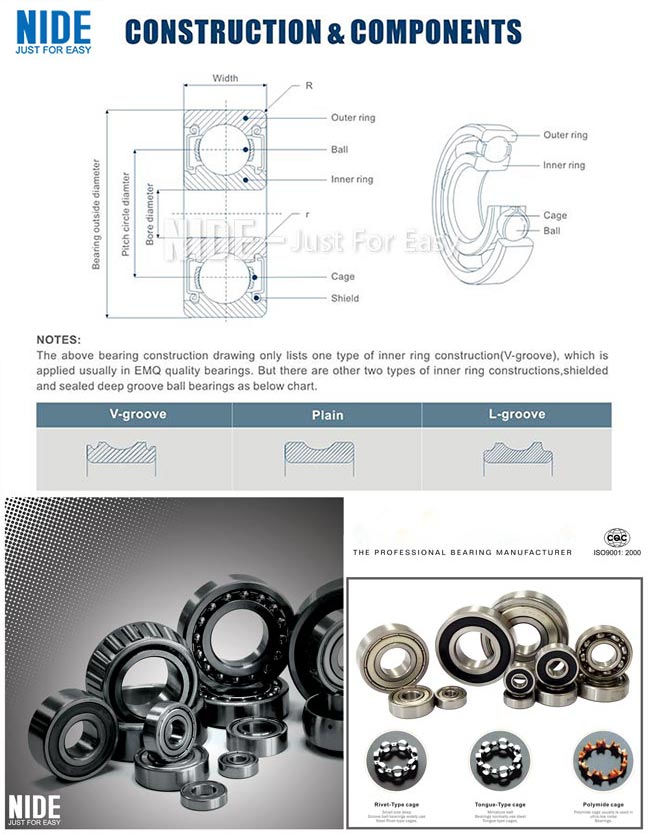
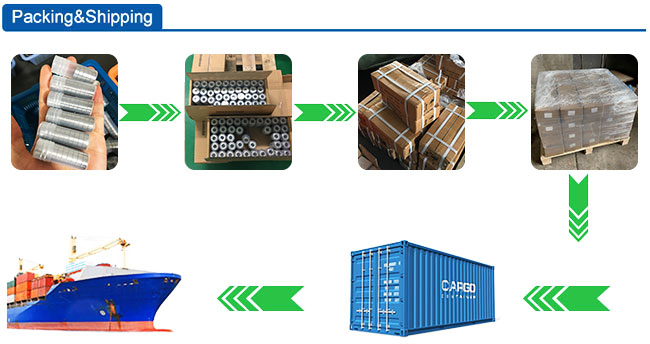
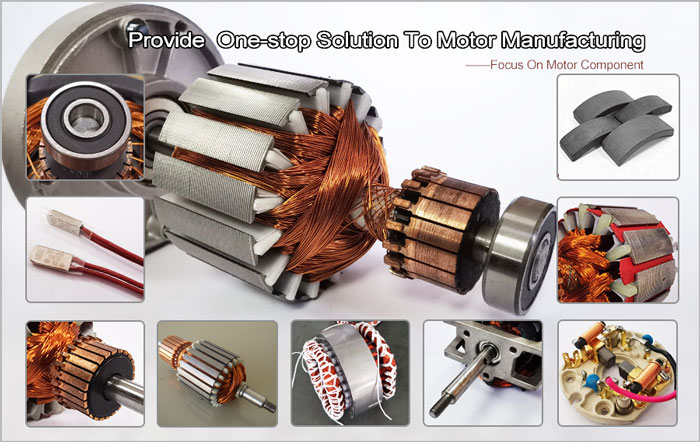
ball and socket bearing---FAQs Guide
2.What maintenance practices are recommended to extend the lifespan of ball and socket bearing and prevent premature failure?
3.Can ball and socket bearing be customized with special coatings or treatments to meet specific industry standards or regulatory requirements?
4.What is a ball bearing?
5.How do preload adjustments in ball and socket bearing affect their performance and suitability for high-precision tasks?
6.What is the role of ball and socket bearing in reducing friction and energy loss in rotating machinery?
7.Are there ongoing research and development efforts aimed at improving ball and socket bearing materials, designs, and lubrication techniques?
8.How do cage designs affect ball and socket bearing speed and acceleration capabilities in high-speed machinery?
9.Can ball and socket bearing handle shock loads and high-impact conditions in heavy machinery?
10.What is the production capacity of the factory for ball and socket bearing?
11.Can ball and socket bearing operate in high-temperature environments like industrial ovens or furnaces, and how are they protected from heat-related damage?
1.How do manufacturers address concerns related to bearing noise and vibration in sensitive equipment?
From a ball and socket bearing manufacturing perspective, a low noise or vibration rating is achieved by paying attention to the surface finish of the raceways and balls, their roundness, and selecting the correct cage design. Finely filtered low noise greases can also be used to reduce vibrations.
2.What maintenance practices are recommended to extend the lifespan of ball and socket bearing and prevent premature failure?
Proper handling and installation of ball and socket bearing is essential to preventing premature failure. Ensure that bearings are stored and transported in a clean, dry, and vibration-free environment. During installation, ensure that bearings are properly aligned, and torque is applied correctly.
3.Can ball and socket bearing be customized with special coatings or treatments to meet specific industry standards or regulatory requirements?
Yes, ball and socket bearing can be customized with special coatings or treatments to meet specific industry standards or regulatory requirements.
1. Corrosion-resistant coatings: These coatings are used to protect the bearings from corrosion caused by exposure to moisture, chemicals, and other corrosive substances.
2. High-temperature coatings: These coatings are used to improve the thermal stability and performance of bearings in high-temperature environments.
3. Food-grade coatings: These coatings are specially designed for applications in the food and beverage industry, where bearings come into contact with food, beverage, or pharmaceutical products.
4. Anti-static and non-conductive coatings: These coatings are used to dissipate static electricity, which can cause damage to electronic components.
5. Specialized lubrication treatments: Bearings can be treated with specialized lubricants that meet specific industry standards or regulatory requirements.
4.What is a ball bearing?
A ball bearing is a type of rolling-element bearing that uses balls to maintain the separation between the bearing races.
The purpose of a ball bearing is to reduce rotational friction and support radial and axial loads. It achieves this by using at least two races to contain the balls and transmit the loads through the balls. In most applications, one race is stationary and the other is attached to the rotating assembly (e.g., a hub or shaft). As one of the bearing races rotates it causes the balls to rotate as well. Because the balls are rolling they have a much lower coefficient of friction than if two flat surfaces were sliding against each other.
Ball bearings tend to have lower load capacity for their size than other kinds of rolling-element bearings due to the smaller contact area between the balls and races. However, they can tolerate some misalignment of the inner and outer races.
5.How do preload adjustments in ball and socket bearing affect their performance and suitability for high-precision tasks?
Benefits of Preloading a Bearing
Optimizes the ball spin to roll ratio.
Increases the rigidity of an application.
Protects from excessive ball skidding.
Decreases application vibration and sliding friction.
High running accuracy (even if load conditions keep changing)
Increases bearing load capacity.
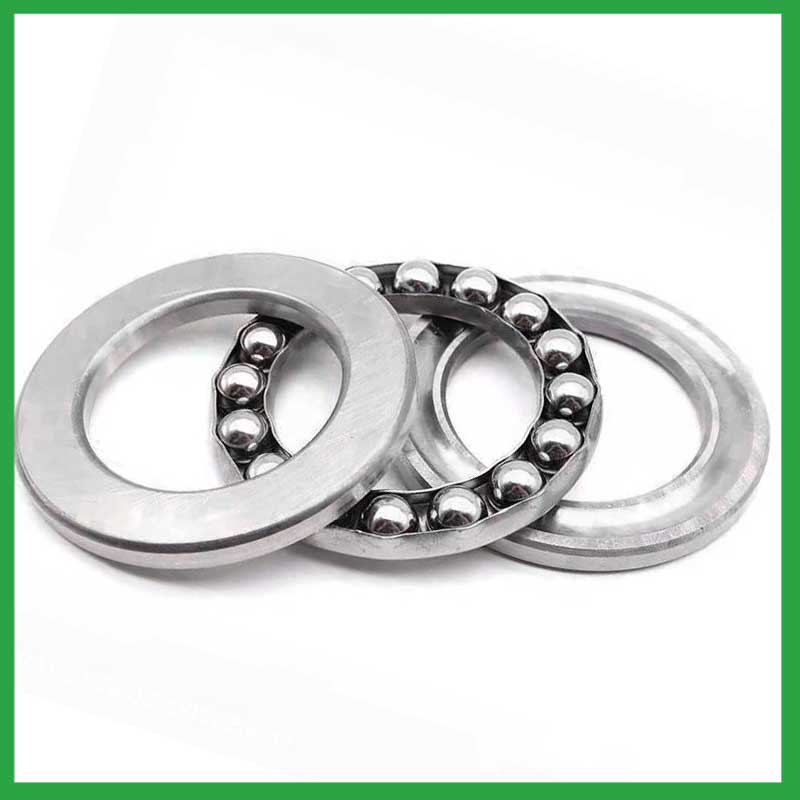
6.What is the role of ball and socket bearing in reducing friction and energy loss in rotating machinery?
ball and socket bearing reduce friction by using smooth balls lubricated with oil or grease that freely roll between a smooth inner and outer surface. The main concept of the ball bearing is that objects that roll past each other produce less friction than if the objects were sliding against each other.
7.Are there ongoing research and development efforts aimed at improving ball and socket bearing materials, designs, and lubrication techniques?
A custom ball and socket bearing can satisfy almost any customer’s needs. Your application may need a needle roller or ball bearing, a radial or angular contact design, a plain carbon steel bearing with anti-corrosion coatings or stainless steel, a thrust bearing or a spherical bearing, tight or loose radial play, sealed or non-sealed designs
8.How do cage designs affect ball and socket bearing speed and acceleration capabilities in high-speed machinery?
In high-speed ball and socket bearing, external load has a great effect on cage stability and sliding ratio, especially for the bearings at work in the starting process. The cage stability is worse in the beginning of the bearing starting process. The axial load greatly influences cage dynamic performance in the bearing starting process.
In addition, while ball bearings worked under steady conditions, axial load and radial load both have a great influence on cage dynamic performance. The effects of axial load on cage dynamic performance during the bearing starting process are opposite from the effects under steady conditions.
9.Can ball and socket bearing handle shock loads and high-impact conditions in heavy machinery?
As a general rule, ball and socket bearing are used at higher speeds and lighter loads than are roller bearings. Roller bearings perform better under shock and impact loading. Ball bearings tolerate misalignment better than roller bearings do. Roller bearings can handle heavy combined radial and thrust loads.
10.What is the production capacity of the factory for ball and socket bearing?
The production capacity of Ningbo Haishu Nide International is:50000000pcs/month
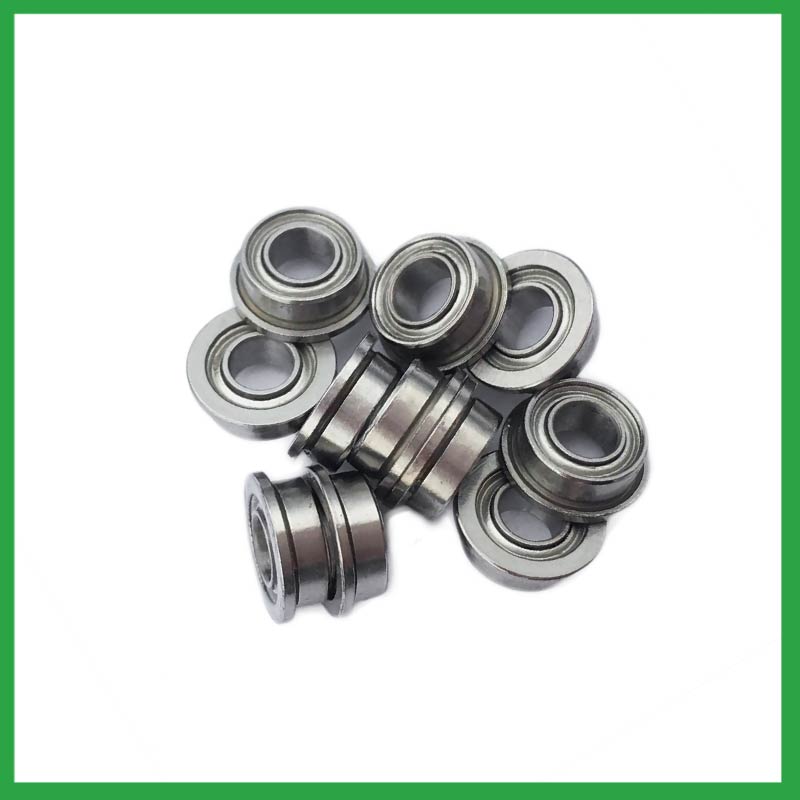
11.Can ball and socket bearing operate in high-temperature environments like industrial ovens or furnaces, and how are they protected from heat-related damage?
ball and socket bearing are capable of working at temperatures up to +842°F (+450 °C). Special lubricants, seals and coatings make this possible by protecting the ball bearings from heat damage.

